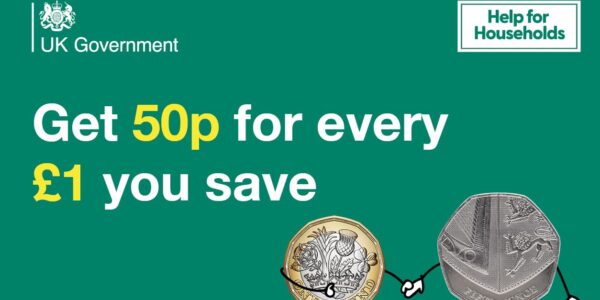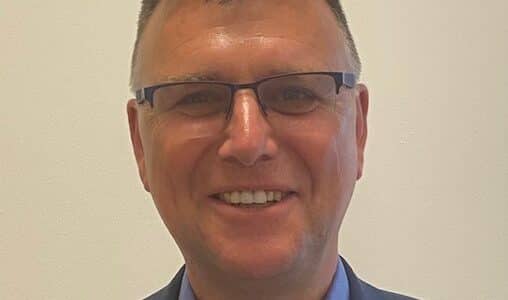Adults in East of England facing severe money worries
31/08/2022 - Smart Money People

Nearly three quarters (72%) of adults in the east of England are more worried about their finances now than they were during the pandemic, according to new research undertaken by YouGov on behalf of Smart Money People, the UK’s largest financial services review site.
Therefore, it’s not surprising that seventy-eight percent of adults in the region say they have less disposable income than they would usually have on average per month due to the current rise in the cost of living. This was the highest across the UK and compares to an average of 71% in other areas.
This is leading people in the east of England to consider other ways to make ends meet:
47% of adults in the east of England will have some form of new credit over the next year due to the cost of living crisis (i.e. rising prices for fuel, energy and food).
Over half (51%) of the adult population of Norwich is set to hold some amount of credit in the next twelve months – the highest proportion of residents in the 17 cities included in the research.
All borrowers in the east of England, predicted they would look to borrow an average of £4,688each.
One in ten (10%) of adults in the region who say they expect to take out a new form of borrowing in the next 12 months, or already have done, will do so to consolidate existing debts.
A fifth (20%) of future borrowers in the east, will do so to cover day-to-day expenses. (This is equivalent to 8% of the adult population of the UK as a whole, or 5.5m people in total. )
National borrowing
Continuing to look at the picture across the whole of the UK, adults are set to borrow £101.1bn1 on new credit cards, loans, overdrafts and other forms of new credit arrangements in the next 12 months. However, 43% of people who will take out new credit2 are already worried about how they are going to meet the terms of their repayments.
The bulk of this new borrowing is predicted to occur during autumn (15%) and winter (32%). A further 13% were unsure exactly when they would borrow but expect it to be when energy price rises affect them.
Smart Money People’s survey also revealed that the most popular type of credit in the next 12 months will be a credit card: 34% of expected borrowers say this will be their preferred method of credit.
Based on the survey, the other most popular types of borrowing in the next year are expected to be an agreed overdraft (17%) and Buy-Now-Pay-Later (15%), a relatively new form of credit where the method of payment is in installments with low or no interest rates.
Twelve percent of people stated they would borrow from family and friends.
Other findings from the east of England:
A fifth (20%) of people don’t understand how inflation and interest rates will affect their finances.
A third (33%) of people are unsure whether they have the best financial products for the current situation.
Jacqueline Dewey, CEO of Smart Money People said: “We know that many people have very little, if any, savings to help them get through this period of high inflation, and if they have already made cutbacks, they have almost no choice but to turn to credit.
“Providers will do credit checks for some forms of lending but Buy-Now-Pay-Later schemes do not apply the same rules, and of course, family and friends don’t either, so it is entirely possible to accumulate a worrying level of debt very quickly.
“Anyone who needs to take out a new credit card or another form of credit would be wise to check out the company and the contract and not simply jump at the first provider who will lend to them. Take time to understand if they have good customer service and offer channels that suit your style of managing money.”
All articles on this news site are submitted by registered contributors of EssexWire. Find out how to subscribe and submit your stories here »

